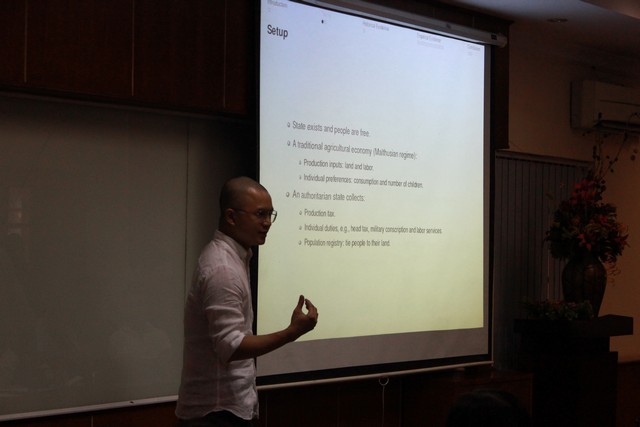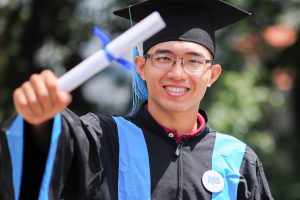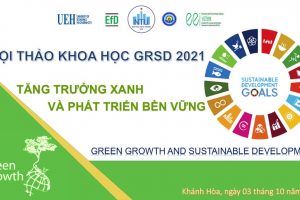[STBI 20-02-2019] Tying Peasants to Their Land
Dear professors, lecturers, researchers, colleagues, and students,
Happy New Year of the Earth Pig 2019 from STBI.
You are cordially invited to the next UEH School of Economics STBI (Small Talks Big Ideas) seminar.
Topic: Tying Peasants to Their Land
Presenter: Ho Hoang Anh (UEH School of Economics & University of Gothenburg Department of Economics)
Time: 11:00 – Wednesday, 20 February, 2019
Venue: Room H.001, Campus H, UEH School of Economics, 1A Hoang Dieu, Phu Nhuan District, Ho Chi Minh City
Language: English
Abstract:
I present a theory to account for the emergence of land rights in a subsistence agricultural economy. To maximize tax revenue, an authoritarian state must devise land rights to overcome the informational constraints in registering the population for tax collection and to create incentives for peasants to clear new land for production. A testable hypothesis posits that private ownership in land is less prevalent where population density is higher. In the early 19th century, the new Nguyen Dynasty of historical Vietnam carried out a land registry to establish formal land rights in the whole country. This historical experiment rules out the potential reverse influence of private land ownership on population density. Exploiting this land registry, I discover that private ownership in land is less prevalent in areas where population density is higher. Furthermore, primary historical accounts and related studies show that the mechanism at work is in line with the proposed theory. Thus, the theory in question and the associated empirical evidence show that a strong state could reverse the general process whereby societies moved towards private land rights as population density increased and land became more scarce.
About the presenter:
Mr. Ho Hoang Anh has been working as a lecturer at University of Economics Ho Chi Minh City and then a PhD student at University of Gothenburg, Sweden. His research areas are Long-Run Development, Institutions, Culture.
Some photos in the seminar:





